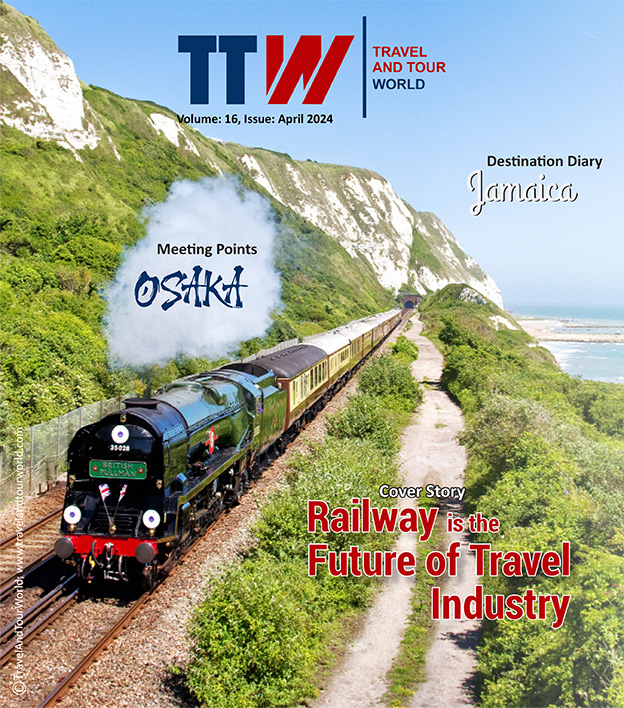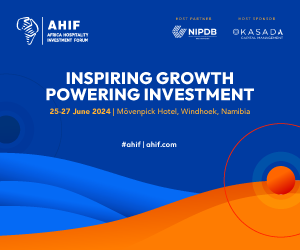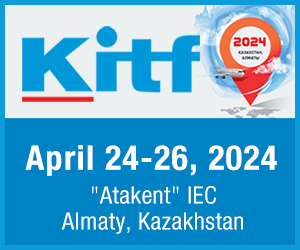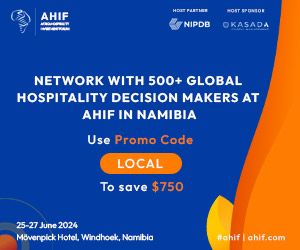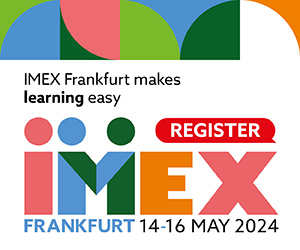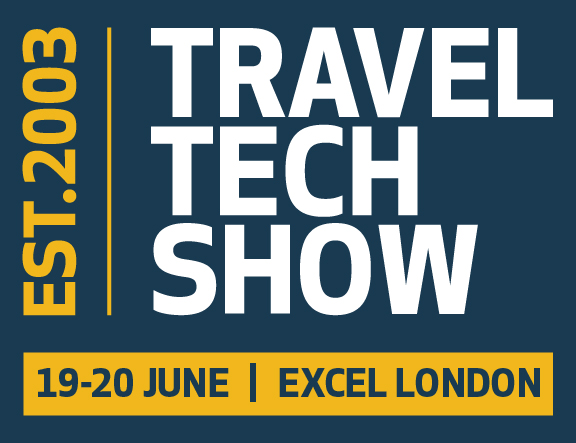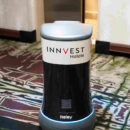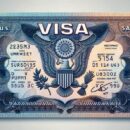TTW – You were recently recognised as “outstanding strategic thinking and leadership” in winning the Executive Leadership category at the annual Airline Strategy Awards in London. How do you feel about that? James Hogan : I am very honoured to have been recognised by fellow leaders within the global aviation industry and this is a great accolade for all of us at Etihad Airways and our shareholders in Abu Dhabi. TTW – What were the strategic plans that you have undertaken that lead to your success? James Hogan : Etihad Airways in 2012 reported a 200 per cent increase in net profits to $42 million on revenues of $4.8 billion, a rise of 17 per cent on the previous year. Passenger numbers rose by 23 per cent to more than 10 million and the air carrier contributed $2.3 billion of direct investment to the Emirate of Abu Dhabi and $8.4 billion of indirect spend. The airline signed a number of new codeshare partnership agreements with other airlines around the world in its drive to establish a new business model for air travel. In 2012 the strategy boosted Etihad Airways’ revenues by $600 million. TTW: What were the innovative techniques that you have upgraded or would like to venture in to make the success long lasting? James Hogan : The airline posted a profit of US$42 million in 2012 and saw two of its equity partners – airberlin and Air Seychelles – return to profitability, meaning that all five airlines are now in the black. It is easier, faster and far more cost effective to grow through one-on-one partnerships with established, respected carriers than it is to rely totally on our own resources, and to start from scratch in every market we serve. We have hand-picked like-minded partners with whom we can work collaboratively to build revenue across a broader network and reduce operating costs. We focus on our partners’ profitability much as our own, because we are not dealing with competing interests. When the five CEOs sit down to make decisions, we have a shared commitment to make things happen, An example of innovation is the way we are now working with our equity alliance partners to develop ‘centres of excellence’ in which operational and commercial expertise is pooled to deliver best practice across the group. TTW: What have been your experiences since you have joined Etihad Airways 5 years back? What are the changes that have come across and where do you see it in coming years? James Hogan : Five years ago I signed on behalf of Etihad Airways the world’s biggest order for commercial aircraft – 205narrow and wide body planes– at the Farnborough Air Show. Since then we’ve made great strides and none more so than in the past year. This recognition is the culmination of an incredible 12 months in which we’ve increased our profitability, focused a great deal of energy on customer service while, of course, never taking our eye off safety, and powered forward with our strategy of developing the world’s first equity airline alliance. TTW: What has been your strategy that has helped to enjoy profit even in this challenging economic phase? James Hogan : Despite the increase in global oil prices during 2012, Etihad Airways minimised the impact through its rigorous fuel hedging policy. The airline hedged 80 per cent of fuel costs during the year, the same level as in 2011. Careful cost management in all other areas of the business saw non-fuel costs per available seat kilometre (CASK) reduced by five per cent. Etihad Airways’ costs were benchmarked as being in the lowest quartile against other major, full-service airlines by independent analysts, Seabury. “We understand how to manage costs without compromising our innovative product and outstanding service experience,” Mr Hogan said. During 2012, Etihad Airways: • Benefited from the first full year of the strategic partnership with airberlin, in which Etihad Airways took an equity stake in December 2011. The relationship saw new services to Abu Dhabi from Berlin, ‘earn-and-burn’ on frequent flyer programs and a wide range of business synergies. • Took a 40 per cent stake in Air Seychelles in January 2012 and was given a five-year management contract to run the airline. The two airlines have integrated route networks, frequent flier programs, training and maintenance programs, and Air Seychelles is expected to return to profit as a result of these initiatives. • Began flying to six new destinations – Tripoli, Shanghai, Nairobi, Lagos, Ahmedabad and Basra. The airline has also announced new flights to Washington, Amsterdam, Sao Paolo and Ho Chi Minh City for 2013. • Used biofuels on a delivery flight in January, the first in the Gulf, as part of the airline’s commitment to environmental sustainability. • Continued its role as a founding member and investor of the Masdar Institute-led ‘Sustainable Bioenergy Research Consortium’ which, together with the other founding members Boeing and UOP, is tasked to investigate the potential for alternative sustainable aviation fuels in this region. • Began implementing the advanced SabreSonic platform in preparation for its launch in February 2013. The US$1 billion ten-year deal with Sabre Airline Solutions will see Etihad Airways utilise the cutting edge, integrated platform across its reservations, inventory, marketing, planning, eCommerce, distribution and departure control operations. • Increased frequency and capacity of services to six cities – Dusseldorf, Bangkok, Kuwait, Dammam, Istanbul and Cairo. • Continued development of codeshare relationships, now up to 41 partner airlines, including a major new strategic relationship with Air France-KLM, signed in October. • Invested in Aer Lingus and subsequently signed agreements for comprehensive code-sharing and joint commercial activities. • Took an equity stake in Virgin Australia, the latest step in a highly successful, multi-tiered partnership that includes code-sharing, joint marketing initiatives and reciprocal ‘earn-and-burn’ on each other’s frequent flier program. • Launched its new “Etihad Wi-Fly” inflight high-speed, broadband internet and mobile phone connectivity service, powered by the Panasonic Avionics Global Communications Suite, on an A330-200 flight to Brussels in December. This is the first deployment of the technology that will flow from a US$1 billion 10-year contract with Panasonic. • Acquired a majority stake in a new entity incorporated to own airberlin’s topbonus frequent flyer program. The entity forms part of a new global loyalty management company established by Etihad Airways to target the fast growing and highly profitable loyalty management market. TTW: How Etihad Airways will benefit after coming into strategy partnerships with other carriers? James Hogan : The airline signed a number of new codeshare partnership agreements with other airlines around the world in its drive to establish a new business model for air travel. In 2012 the strategy boosted Etihad Airways’ revenues by $600 million. The collaboration deals with other airlines are designed to find innovative ways to address costs and work on synergies such as aircraft and engine sourcing and maintenance. The airline also holds equity investments in airberlin, Air Seychelles, Virgin Australia, Aer Lingus and, subject to regulatory approval, will acquire 24 per cent of India’s Jet Airways. TTW: You have invested more than 200$ million on seven Flight Stimulators. How do you think this is going to boost the airways? James Hogan : We place great emphasis on the efficiency of our operations and the safety of our passengers and this deal means we will be using the most advanced training technologies for the broadest range of aircraft types. The construction work at the training academy will double its size and eventually house 11 full flight simulators and be among the best in the world. The deal with CAE includes update services for the FFS and an exclusive 10-year agreement for training equipment and services. The flight training devices include CAE Simfinity Airbus Pilot Transition trainers and CAE Simfinity Integrated Procedures Trainers. | 


